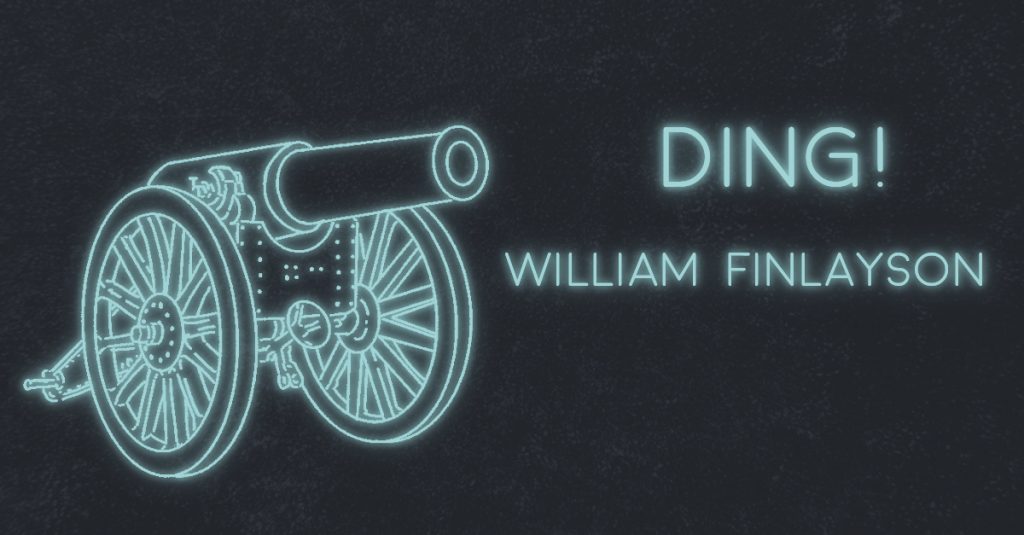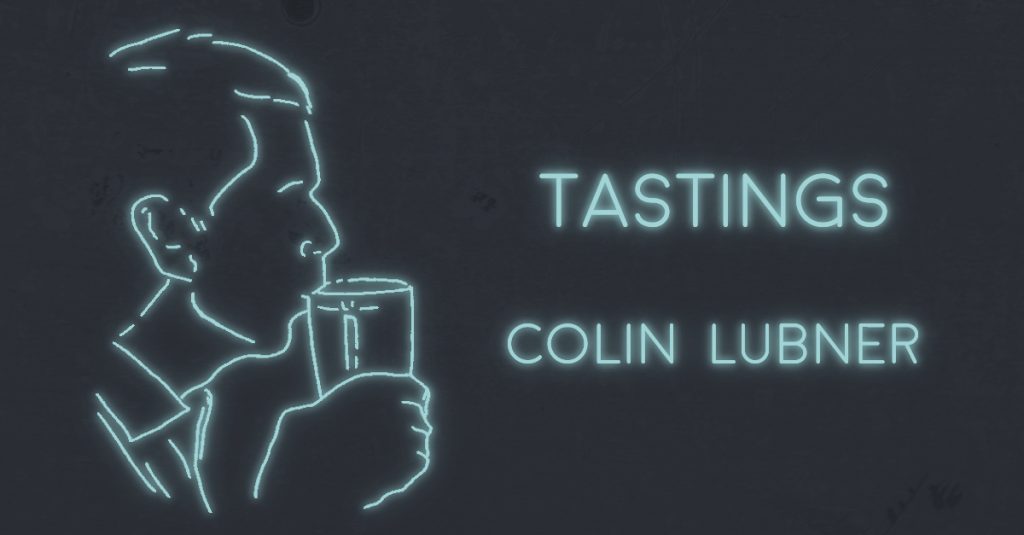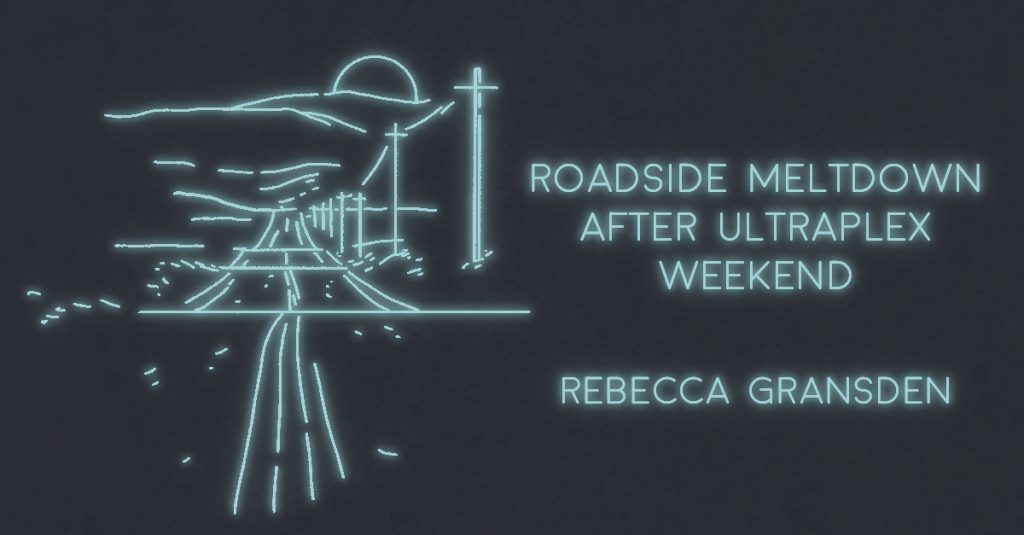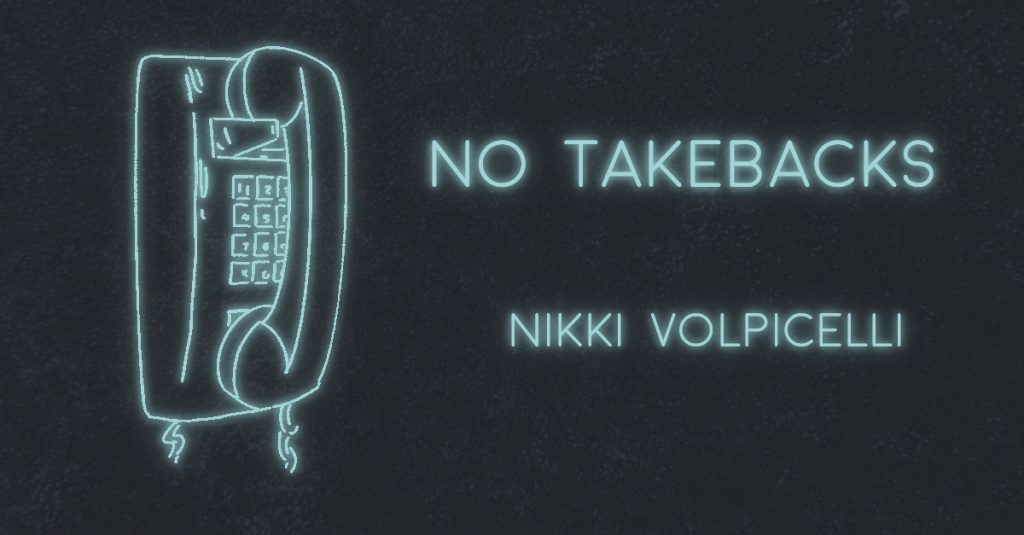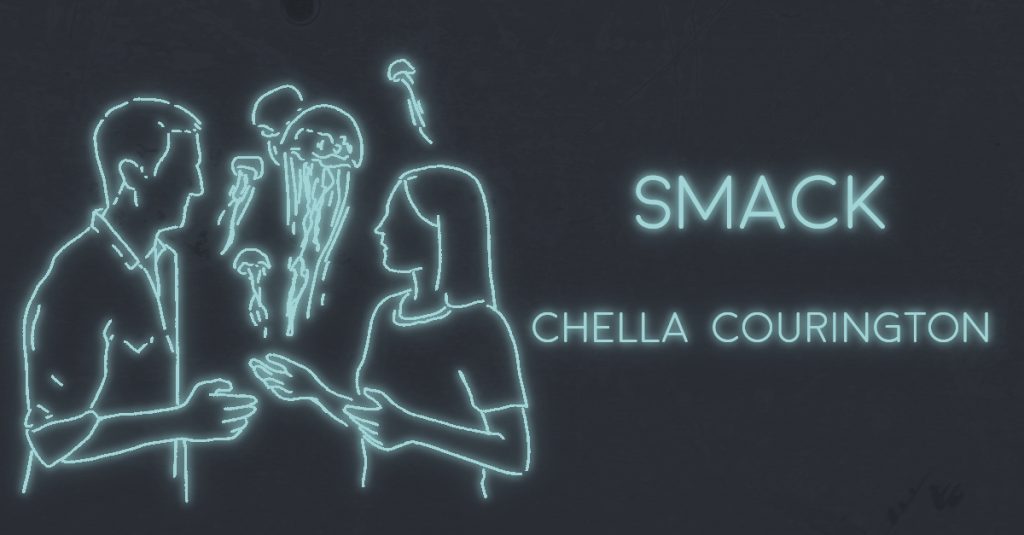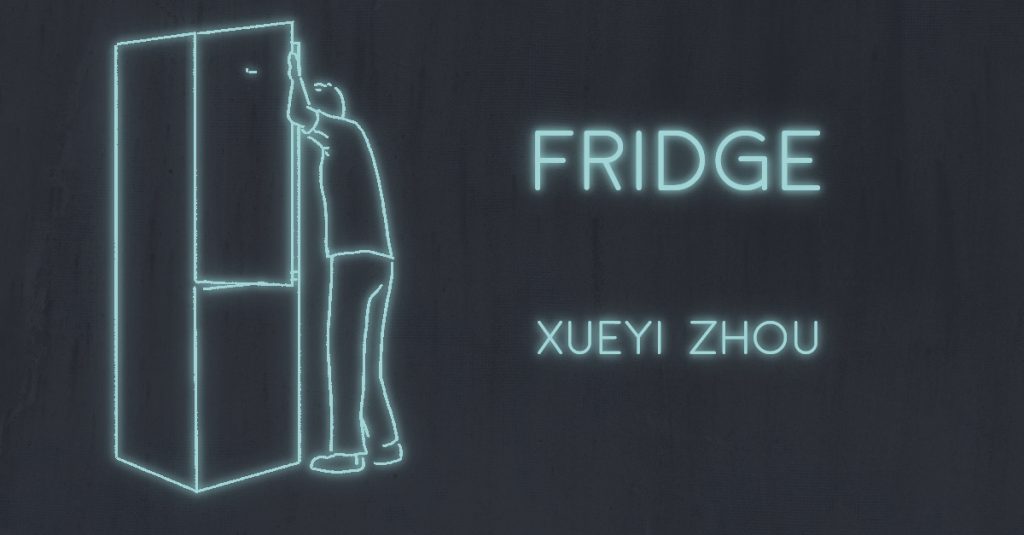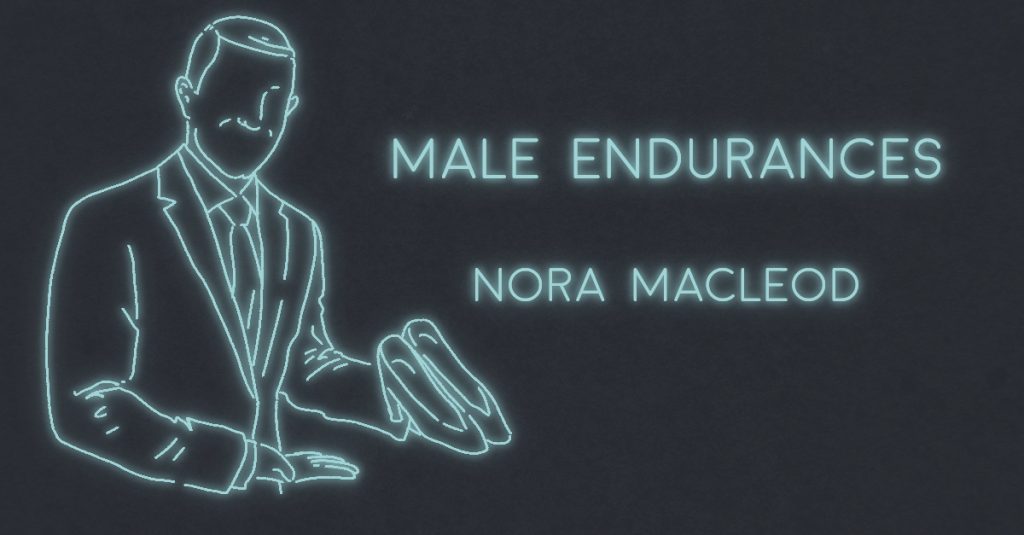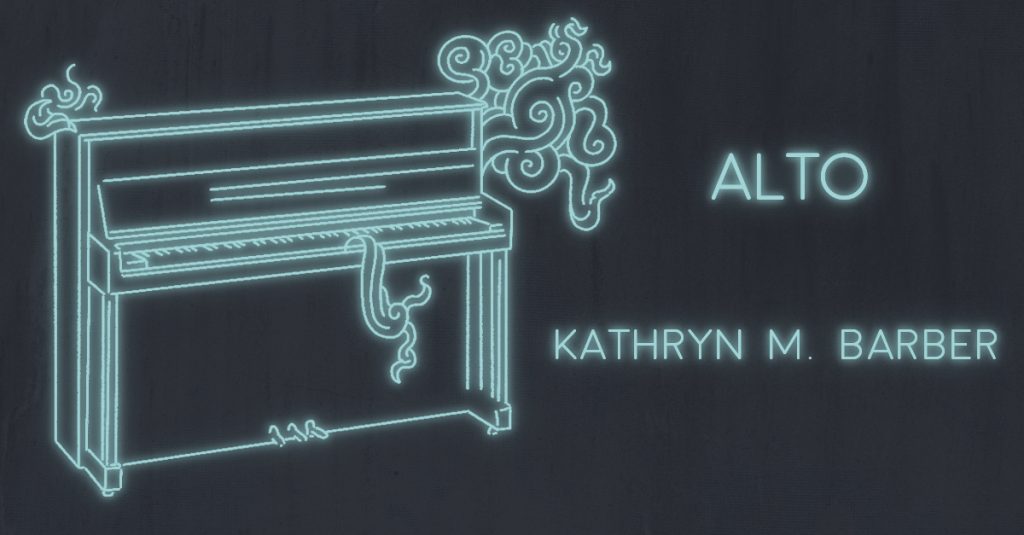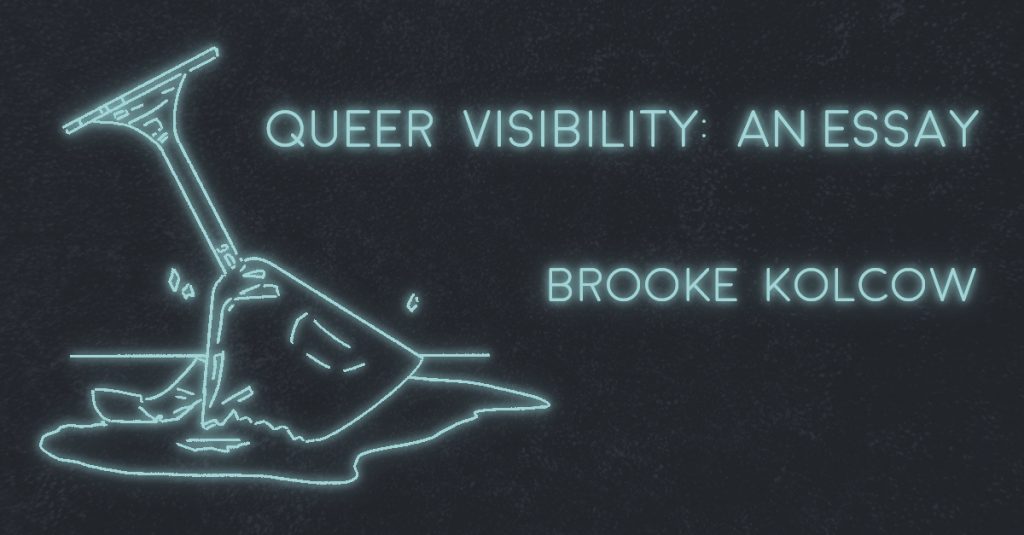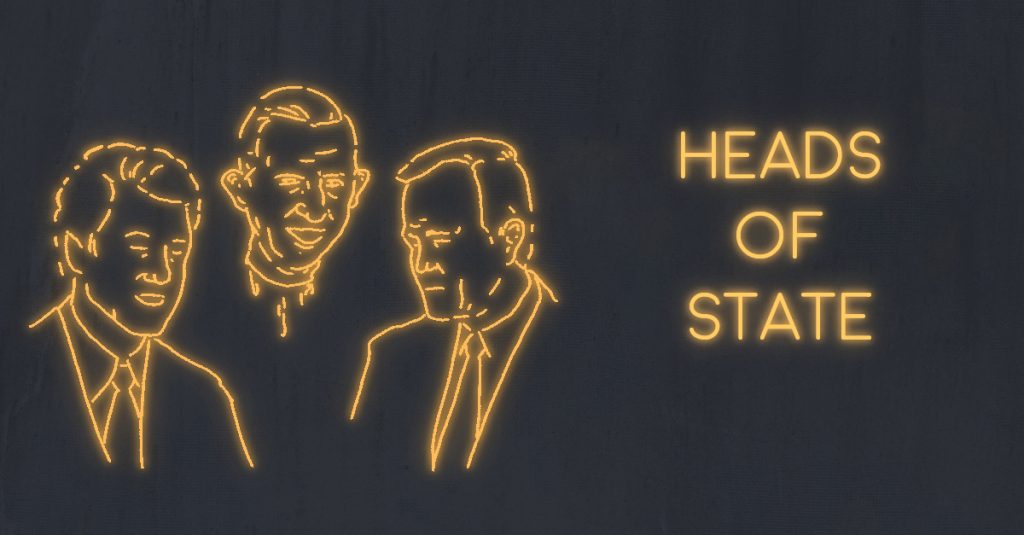
HEADS OF STATE
My dogs strain at the yoked leash I was so clever to buy. I dream of a free hand for my phone or a coffee cup, to wave at neighbors, flip off speeding teens. A stinky bush next to me suggests skunk. I scan for the varmint, but instead find a stain on the asphalt, not unlike the hundred other oil puddles in my driveway. I peer closer. It’s dark red. I look over my shoulder for a neighbor I could call witness to this sticky offense. My dogs jerk me forward, but the yanking doesn’t distract me from what’s in…

